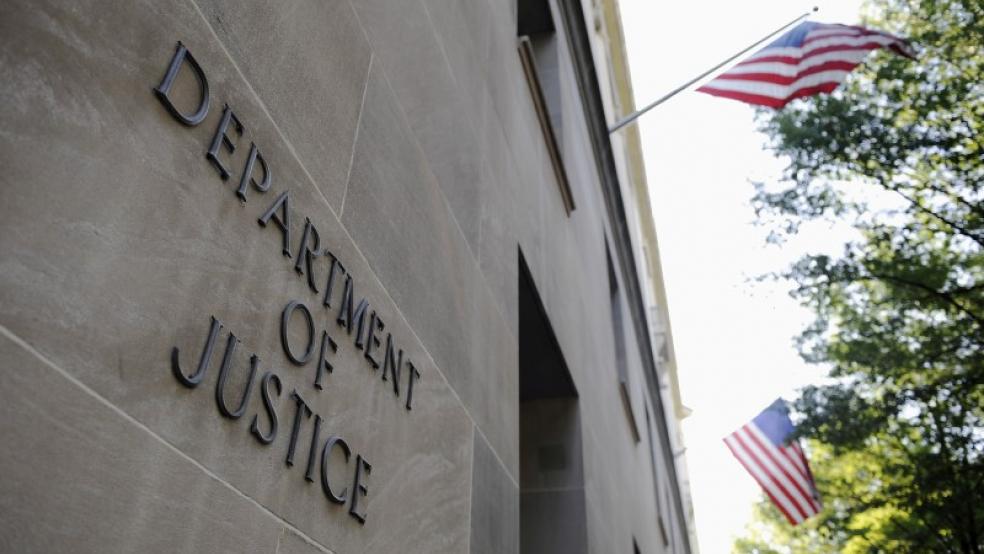WASHINGTON/NEW YORK (Reuters) - The U.S. Justice Department singled out four cities and a county on Thursday for allegedly having so-called "sanctuary policies" that may violate a federal law that says local governments cannot limit information sharing with U.S. immigration officials.
The department said New Orleans, New York City, Philadelphia, and Cook County in Illinois along with its largest city Chicago, "have preliminarily been found" to have policies that violate the law. It is giving those jurisdictions until Oct. 27 to provide evidence demonstrating compliance.If the government finds the cities and county are violating the statute known as Section 1373, it could try to cut federal funds for law enforcement.The Justice Department said it had found no evidence that four other jurisdictions - Milwaukee County, Wisconsin, Clark County, Nevada, Miami-Dade County, Florida and the State of Connecticut - were in violation of the statue.The determinations came after the Justice Department earlier in the year asked several local jurisdictions to detail their compliance to determine their eligibility for certain federal grants.Attorney General Jeff Sessions said in a statement that the cities still in the department's crosshairs "adopt the view that the protection of criminal aliens is more important than the protection of law-abiding citizens and of the rule of law." The jurisdictions say they are following the law, which states that local authorities cannot prevent information exchange with federal agents about people's immigration status.The Mayor of New Orleans Mitch Landrieu and the superintendent of the police department said the city was in "full compliance" with the statute but added that they would "not be the federal government's deportation force." Cook County, home to Chicago, also said in a statement that it was "in compliance with all applicable federal laws."Some cities have concerns that immigrant communities will be afraid to reach out to police if they think local officials are cooperating with immigration enforcement."If victims and witnesses do not feel safe cooperating with the police, every Philadelphian will be less safe," Mayor Jim Kenney said in a statement. He and the city solicitor said the Justice Department was wrong in its preliminary determination that Philadelphia was not complying with the statute. Philadelphia sued the department in August over the grants.New York City spokesman Seth Stein said the mayor's office was "prepared to fight to protect critical public safety funding."The Justice Department is in part concerned about the jurisdictions' compliance with U.S. Immigration and Customs Enforcement requests to local authorities to detain people up to 48 hours beyond their scheduled release time so that immigration officials can pick them up.Some cities say they will only honor such requests when accompanied by criminal warrants, and that compliance is voluntary and not required under the statute.Chicago also sued the federal government in August over the threats of funding cuts being made by Justice Department. A federal judge sided with the city last month and issued a preliminary injunction barring the U.S. government from denying public-safety grants. In another lawsuit by several cities and counties in California, the Justice Department acknowledged in a June filing that immigration "detainer" requests are voluntary, and that Sessions had not said that non-compliance would count as a breach of Section 1373. (Additional reporting by Jonathan Allen in New York; Editing by Bernadette Baum and Richard Chang)Four U.S. 'sanctuary cities' may be violating law: U.S. Attorney General

Jonathan Ernst



